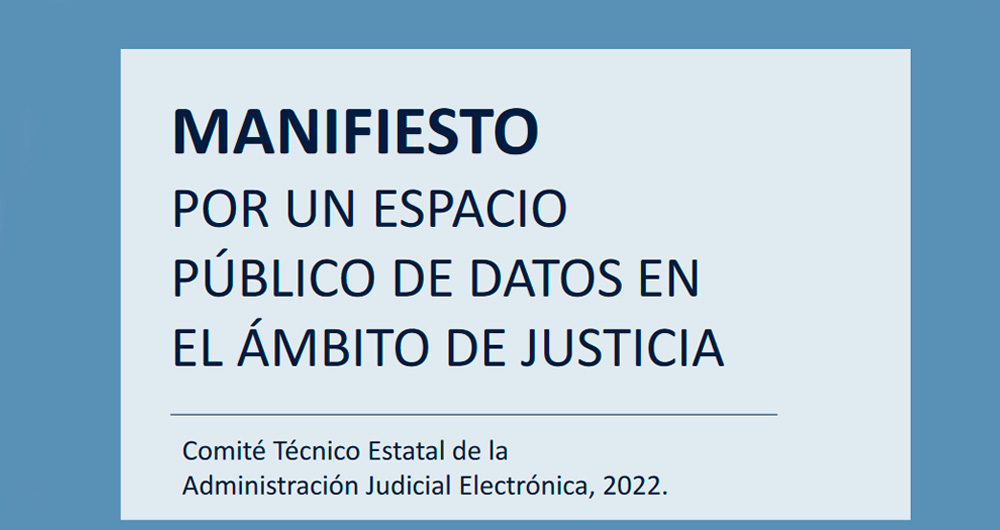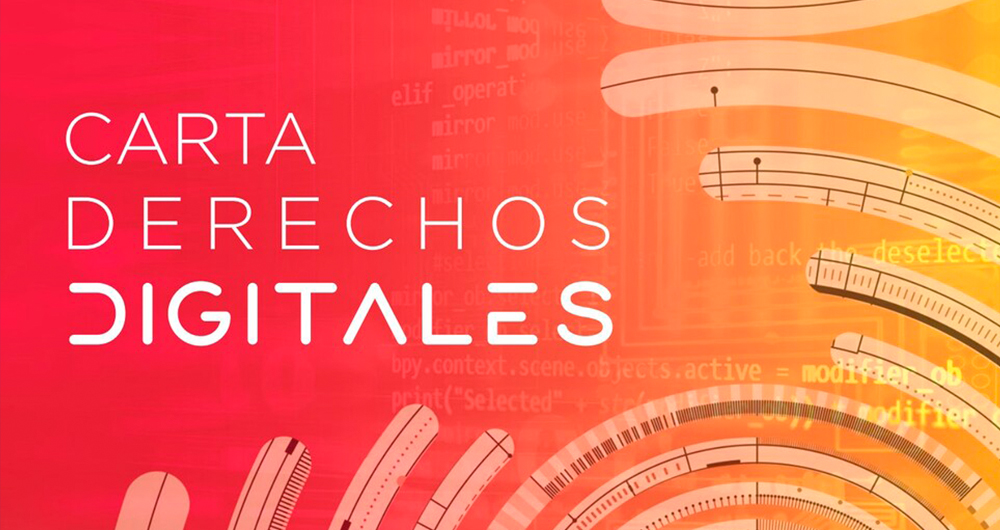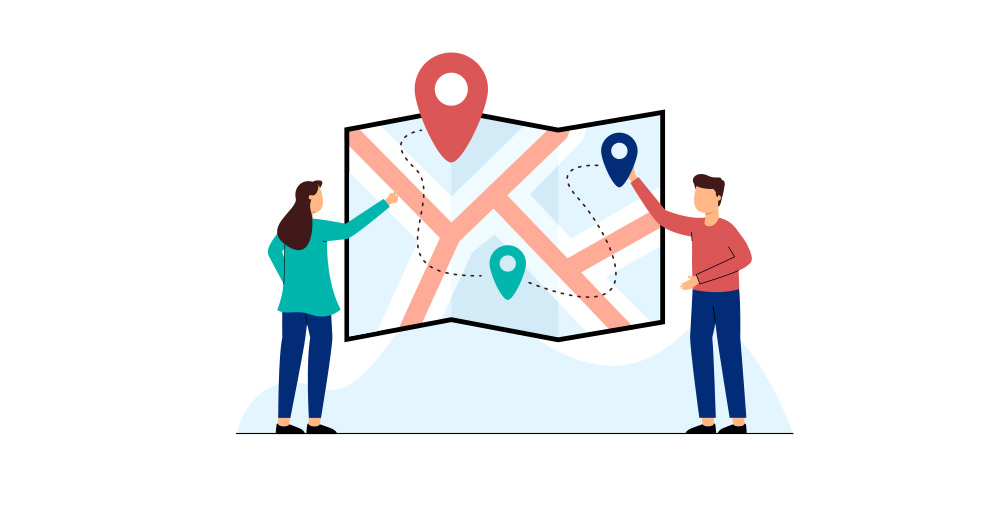9 posts found
Federated machine learning: generating value from shared data while maintaining privacy
Data is a fundamental resource for improving our quality of life because it enables better decision-making processes to create personalised products and services, both in the public and private sectors. In contexts such as health, mobility, energy or education, the use of data facilitates more effic…
The role of open data in the evolution of SLM and LLM: efficiency vs. power
Language models are at the epicentre of the technological paradigm shift that has been taking place in generative artificial intelligence (AI) over the last two years. From the tools with which we interact in natural language to generate text, images or videos and which we use to create creativ…
Linguistic corpora: the knowledge engine for AI
The transfer of human knowledge to machine learning models is the basis of all current artificial intelligence. If we want AI models to be able to solve tasks, we first have to encode and transmit solved tasks to them in a formal language that they can process. We understand as a solved task informa…
Data and digital transformation in the justice system
The Manifesto for a public data space has recently been published. The document raises the need to reinforce the importance of data in the current digital transformation process in this area. The document has been drawn up within the State Technical Committee of the Electronic Judicial Administratio…
Improving efficiency in the legal sector: LegalTech and data analytics
Digital transformation affects all sectors, from agriculture to tourism and education. Among its objectives is the optimization of processes, the improvement of the customer experience and even the promotion of new business models.
The legal sector is no exception, which is why in recent years…
Validation of the Royal Decree-Law on reuse of public sector information and open data
Why a Royal Decree-Law?
In the plenary session of the Congress of Deputies held on December 2, 2021, Royal Decree-Law 24/2021, of November 2, on the transposition of several European Union directives, including Directive (EU) 2019/1024 of the European Parliament and of the Council, of June 20, 2019,…
The data in the Digital Charter of Rights
Just a few days ago has been officially presented the Digital Charter of Rights. It is an initiative that has had a wide representation of civil society since, on the one hand, a wide and diverse work team has been in charge of its drafting and, on the other, during the procedure of its prepara…
Most popular geospatial visualisation tools
Maps help us to understand the world in which we live and have therefore been fundamental in the development of humanity. They allow us to know the characteristics of a place and to understand social phenomena, such as the spatial behaviour of a disease or the traceability of trade flows.
If we sho…
Creative Commons licenses and general conditions for the reuse of public sector information in Spain
In the more traditional conception of the right of access and transparency of public sector entities, obtaining information requires, in advance, the processing of an administrative procedure that ends with the corresponding resolution by which the requested information is granted or denied. However…








